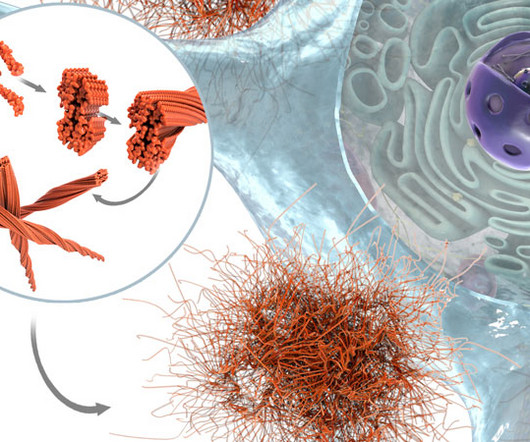Valneva’s Lyme disease vaccine faces final clinical test in a sparse landscape
Pharmaceutical Technology
AUGUST 17, 2022
A vaccine called Lymerix , then manufactured by SmithKline Beecham, was approved in the US in 1998 but was quickly withdrawn in 2002 due to insufficient custo mer demand. In a separate Phase II VLA15-221 study, which looked at adult and pediatric patients, the vaccine had stronger immunogenicity in children than in adults.












Let's personalize your content